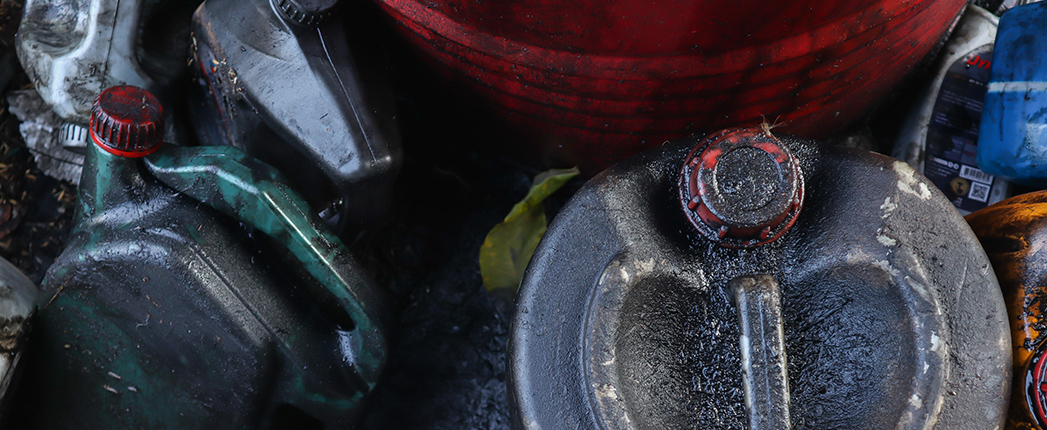
Three lubricant brands and two manufacturers of plastic containers announced yesterday the formation of the National Lubricant Container Recycling Coalition, an association that aims to reduce the number of containers disposed of as waste.
The founding members are BP’s Castrol, Valvoline and Shell’s Pennzoil-Quaker State, along with Graham Packaging and Plastipak Packaging.
In a news release the coalition said it will initially focus on designing and initiating pilot projects to explore optimum methods of collection, aggregation, and processing, with the long-term ambition of creating sustainable market-driven solutions throughout the plastic lubricant container value chain.
“The NLCRC represents a compelling opportunity to develop a true market-level circular business model that relies on the collaboration of all stakeholders within the value chain,” Director Tristan Steichen said.
Each year U.S. consumers purchase motor oil sold in an estimated 4.5 million tons of containers, the coalition estimated. As with other types of plastic, there are programs that recycle them, but such efforts are hampered by the presence of motor oil, which is considered a hazardous waste, and many containers are not recycled.
The coalition stated that solutions to significantly boost the level of recycling will require participation of companies from all parts of the oil and container supply chain, and it invited such companies to join the organization. It also claimed that addressing the issue is in the interest of such companies.
“With rising social awareness around plastic waste, driven by increased research and media coverage, many are demanding immediate action –through bans on plastic, prohibitions on single-use packaging, or other legislative measures,” the coalition said on its LinkedIn webpage.
“Key stakeholders in the lubricant supply chain must be part of the solution to address the problem or run the risk of being perceived as contributing to it. Taking action to develop solutions to recover and recycle plastic material is becoming necessary for companies to avoid public scrutiny and maintain reputational value, which can be critical to maintaining shareholder confidence and customers’ expectations for more sustainable products.”
The coalition is based in Bradenton, Florida, and is administered and advised by ALO Advisors, a sustainability consultancy.